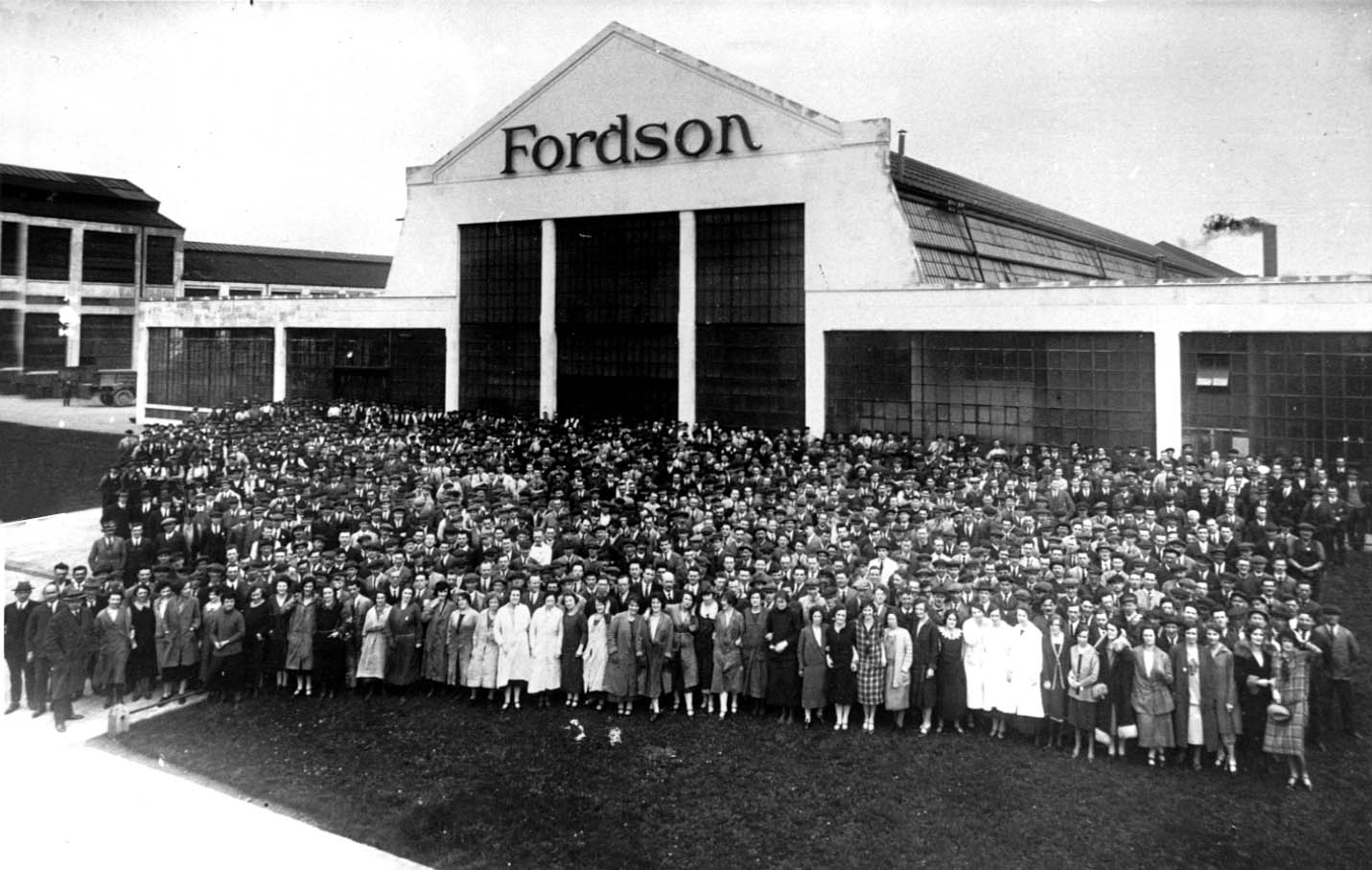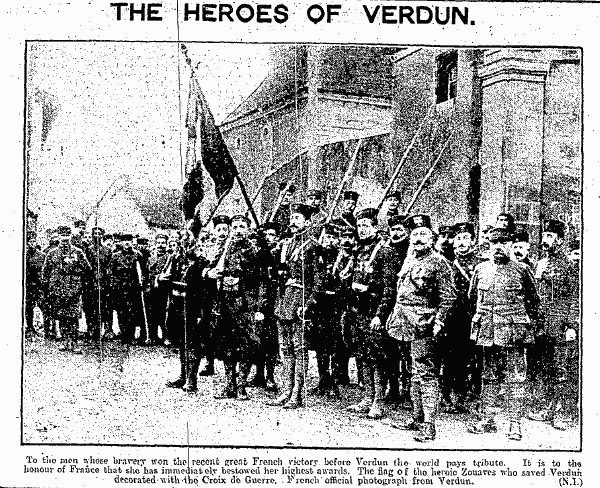- Home
- Collections
- Atlas Resources for Schools
- Cork Fatality Register
- Mapping the Irish Revolution
- Mapping IRA Companies, July 1921-July 1922
- Mapping the Burning of Cork, 11-12 December 1920
- Martial Law, December 1920
- The IRA at War
- The Railway Workers’ Munitions Strike of 1920
- The Victory of Sinn Féin: The 1920 Local Elections
- The War of Words: Propaganda and Moral Force
- The IRA Offensive against the RIC, 1920
- De Valera’s American Tour, 1919-1920
- The British Reprisal Strategy and its Impact
- Cumann na mBan and the War of Independence
- The War Escalates, November 1920
- The War of Independence in Cork and Kerry
- The Story of 1916
- A 1916 Diary
- January 9-15 1916
- January 10-16, 1916
- January 17-23, 1916
- January 24-30, 1916
- February 1-6 1916
- February 7-14, 1916
- February 15-21, 1916
- February 22-27, 1916
- February 28-March 3, 1916
- March 6-13,1916
- March 14-20, 1916
- March 21-27 1916
- April 3-9, 1916
- April 10-16, 1916
- April 17-21,1916
- May 22-28 1916
- May 29-June 4 1916
- June 12-18 1916
- June 19-25 1916
- June 26-July 2 1916
- July 3-9 1916
- July 11-16 1916
- July 17-22 1916
- July 24-30 1916
- July 31- August 7,1916
- August 7-13 1916
- August 15-21 1916
- August 22-29 1916
- August 29-September 5 1916
- September 5-11, 1916
- September 12-18, 1916
- September 19-25, 1916
- September 26-October 2, 1916
- October 3-9, 1916
- October 10-16, 1916
- October 17-23, 1916
- October 24-31, 1916
- November 1-16, 1916
- November 7-13, 1916
- November 14-20, 1916
- November 21-27-1916
- November 28-December 4, 1916
- December 5-11, 1916
- December 12-19, 1916
- December 19-25, 1916
- December 26-January 3, 1916
- Cork's Historic Newspapers
- Feature Articles
- News and Events
- UCC's Civil War Centenary Programme
- Irish Civil War National Conference 15-18 June 2022
- Irish Civil War Fatalities Project
- Research Findings
- Explore the Fatalities Map
- Civil War Fatalities in Dublin
- Civil War Fatalities in Limerick
- Civil War Fatalities in Kerry
- Civil War Fatalities in Clare
- Civil War Fatalities in Cork
- Civil War Fatalities in the Northern Ireland
- Civil War Fatalities in Sligo
- Civil War Fatalities in Donegal
- Civil War Fatalities in Wexford
- Civil War Fatalities in Mayo
- Civil War Fatalities in Tipperary
- Military Archives National Army Fatalities Roll, 1922 – 1923
- Fatalities Index
- About the Project (home)
- The Irish Revolution (Main site)
November 21-27-1916
Each week, we look back at what was “in the news” the same week 100 years ago – as reported in the Cork Examiner in 1916.
By Nicola Stathers
Tuesday, November 21, 1916
- Cork Project
It is strongly rumoured in the city that the Ford Motor Company are acquiring a large tract of land on either side of the Lee at deep water to start a branch of their world wide industry in Cork.

The Ford Factory in 1926, as rumoured, was built alongside the Lee.
Wednesday, November 22, 1916
- Electric Light in Cahirciveen
A large and representative meeting of the ratepayers of the town of Cahirciveen was held in the Carnegie Library for the purpose of discussing the advisability of lighting the streets of Cahirciveen by electric lighting at £35 per annum. “We earnestly urge our representatives to take immediate steps to have the wishes of the general body of town ratepayers, hereby expressed, carried into effect, so that public lighting may be rendered available without further delay.”
Thursday, November 23, 1916
- Heroes of Verdun
To the men whose bravery won the recent great French victory before Verdun the world pays tribute.

Friday, November 24, 1916
- Defense of the Realm Act – Court Martial Acquires Co. Limerick Man
Messrs. Thomas Walsh, Hospital, and his brother James were arrested at Hospital on October 28th under the Defense of the Realm Act for offences committed on October 22nd. The former had only been some short time released from prison in connection with another charge under the Realm Act. The latter is a discharged soldier who was through the present war and got his legs frost-bitten at Svyla Bay, as the result of which his two legs were amputated. He was released after a few days as the authorities decided not to proceed against him. Thomas was brought before a district court martial at Limerick on 13h inst. At which Major Wellington presided. He was alleged to have used the following words to Constable B Brien of Hospital on October 22nd: “ I am out for blood. I hate the sight of your dirty uniform or any other Government man’s. To h___ with the King and his rotten men and the English law.” An altercation with the constable ensued… Witnesses “swore they were within 15 or 20 yards from the constable and the accused at the time of the occurrence alleged, and what the constable swore did not take place… Having retired to consider the evidence to court, that they found the accused not guilty and he was acquitted on all charges.”
Saturday, November 25, 1916
- Irish Political Prisoners
The question of the release of the Irish political prisoners is one in which the keenest interest is felt in this country, and the dilatoriness of the Government in dealing with it, is as unwise as the Government’s method of dealing with most Irish questions. While it may be granted that the business of getting on with the war is, from the British point of view, the most urgent matter for the consideration of Parliament, still the demand of the national Party for the release of the untried men who are detained in custody is also a matter of urgency…
Monday, November 27, 1916
- Defence of the Realm Act – Charge Against Gaelic Teacher
At the Cahirciveen Courthouse, a case in which Jerh. J Reardon and Ml. Walsh, Gaelic teacher, were charged under the Dence of the Realm Act for uttering seditious language on 15th August last, came on for hearing.
…Constable Malone deposed that on 15th August about 11.45 he and Constable Ross went up to the Market House, where a bazaar was being held by the Irish Volunteers. They were outside and heard Ml. Walsh making a speech. He referred to the men who died for Ireland and said, “We will fight for Ireland and die for Ireland; the men who died for Ireland are martyrs and their names will go down in the History of Ireland. We are not Britons, nor French.”
Witness then heard a voice saying “Nor Britons.” Walsh then said those people at whose hand they (martyrs) met their deaths would fall yet. Witness then heard a voice say “up the rebels,” “up the Kaiser,” “to h— with England and down with King George.” Witness saw Jerh. Reardon in the Market Hall. Constable Ross raised witness up over the door, and he saw Jeremiah Reardon standing in the middle of the hall, and he was signing “Easter Week.” Witness added that there was shouting “Up the rebels,” and “up the Kaiser.”
…Chairman said that they were unanimous in coming to the conclusion of convicting both defendants, and fined Jeremiah J. Reardon the sum of £10 and costs of court, or in default, to be imprisoned in Tralee Gaol for two months without hard labour, and also bound him to the peace for the period of twelve months… in the case of Michael Walsh, which was most serious, he was fined the sum of £20, or in default three months’ imprisonment in Tralee Gaol, without hour labour.
